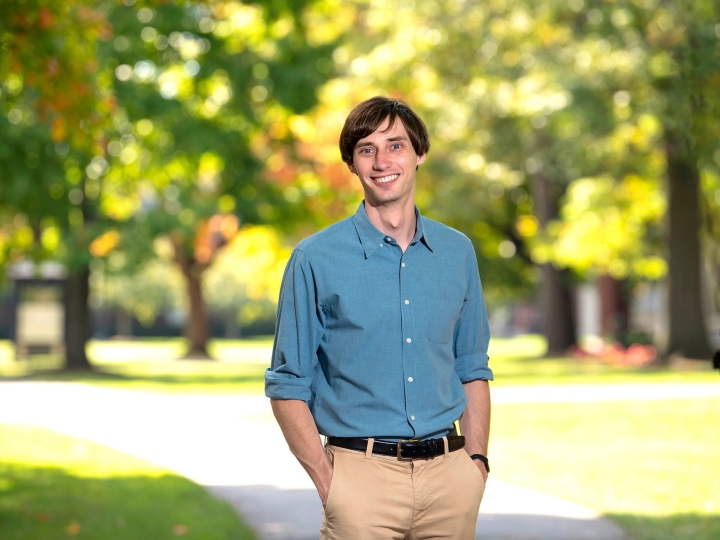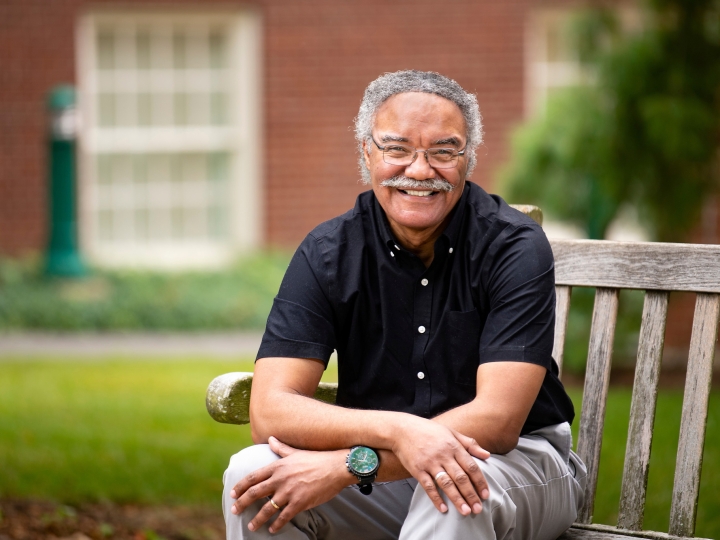
Zhiqun Zhu, Political Science & International Relations
September 22, 2017
Professor Zhiqun Zhu, political science and international relations, will research how the rise of China is challenging the U.S-Australia alliance. Photo by Emily Paine, Communications
We no longer live in a Eurocentric world, and the United States is not the economic force it used to be. The global focus is unmistakably shifting.
"Anyone doing business in the 21st century has to keep an eye on Asia," says Professor Zhiqun Zhu, political science and international relations. "Tremendous changes are occurring. China, Japan and South Korea are pushing ahead. Southeast Asia and India are not far behind. We no longer live in a Eurocentric world, and the United States is not the economic force it used to be. The global focus is unmistakably shifting."
According to Zhu, media portrayals of China cause many Westerners to view it as a tightly controlled society rife with censorship, corruption, pollution and human rights violations. "But what about the positive aspects?" he asks. "The technology, the infrastructure, the middle class and popular culture — these things are barely covered." Zhu's courses incorporate materials from both Western and non-Western sources to give his students a more balanced understanding.
In 2013, Zhu led the establishment of the China Institute at Bucknell University, which brings together faculty from a wide range of disciplines to advance faculty and student research on China, and promote public education and discussion. Among other activities, the institute has hosted an international conference on innovation in China, invited leading China scholars to speak on campus, and joined the National Committee on U.S.–China Relations to be part of the annual national China Town Hall.
Whenever Zhu hears someone complaining that China is stealing U.S. jobs, he shakes his head. "That information is at least a decade out of date," he explains. "Now it's more accurate to say China is creating jobs here through investing in, or outright acquiring, our companies. As these businesses grow, so do the opportunities for employment."
Zhu cites Smithfield Foods, which was purchased by a Chinese company in 2013, and China's e-commerce giant Alibaba, whose CEO Jack Ma suggested he could help create a million jobs in the U.S., as examples of this trend. "When you see a 'developing' country investing this heavily in a 'developed' one, you know the tables have turned," he says.
Zhu encourages all students, regardless of major, to take at least one course on China or East Asia. He also recommends studying abroad in Asia and is working on a Bucknell in China program at the University of Nottingham's Ningbo campus near Shanghai. "It's an opportunity for students to experience living in China while taking courses in English," he says. "And the facilities are wonderful. Very modern — not the outdated image many students may have of China."

